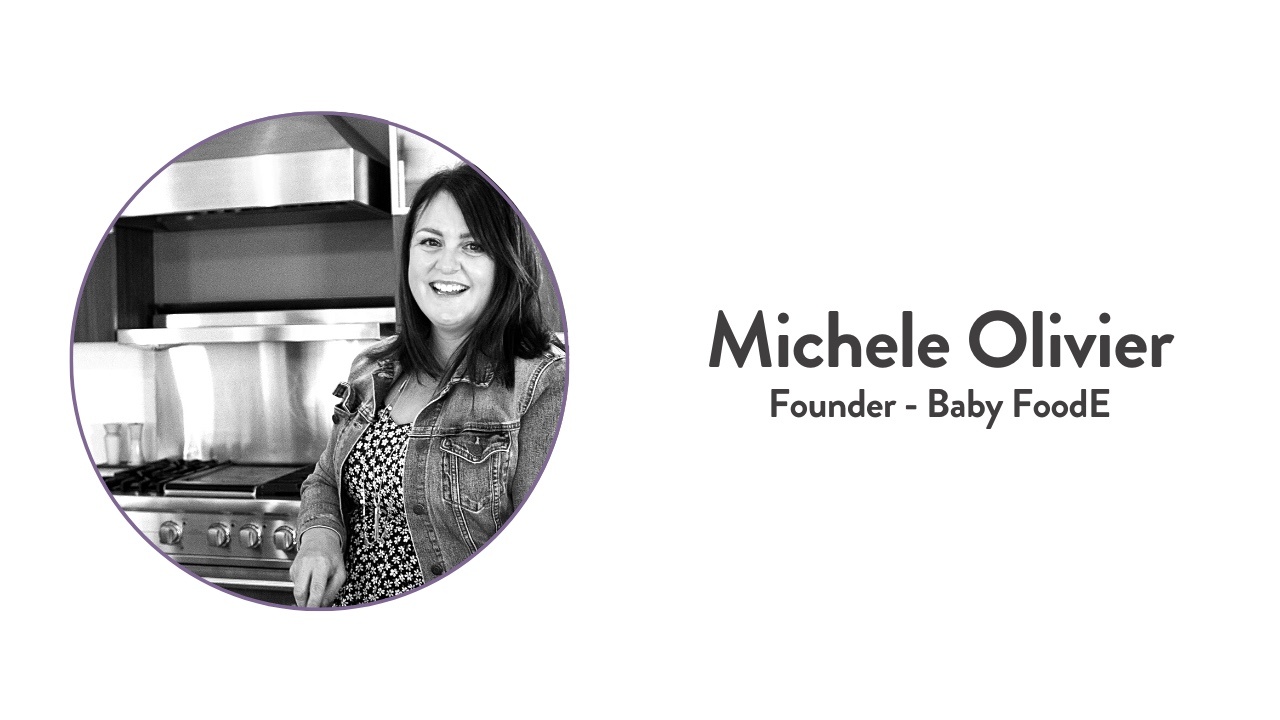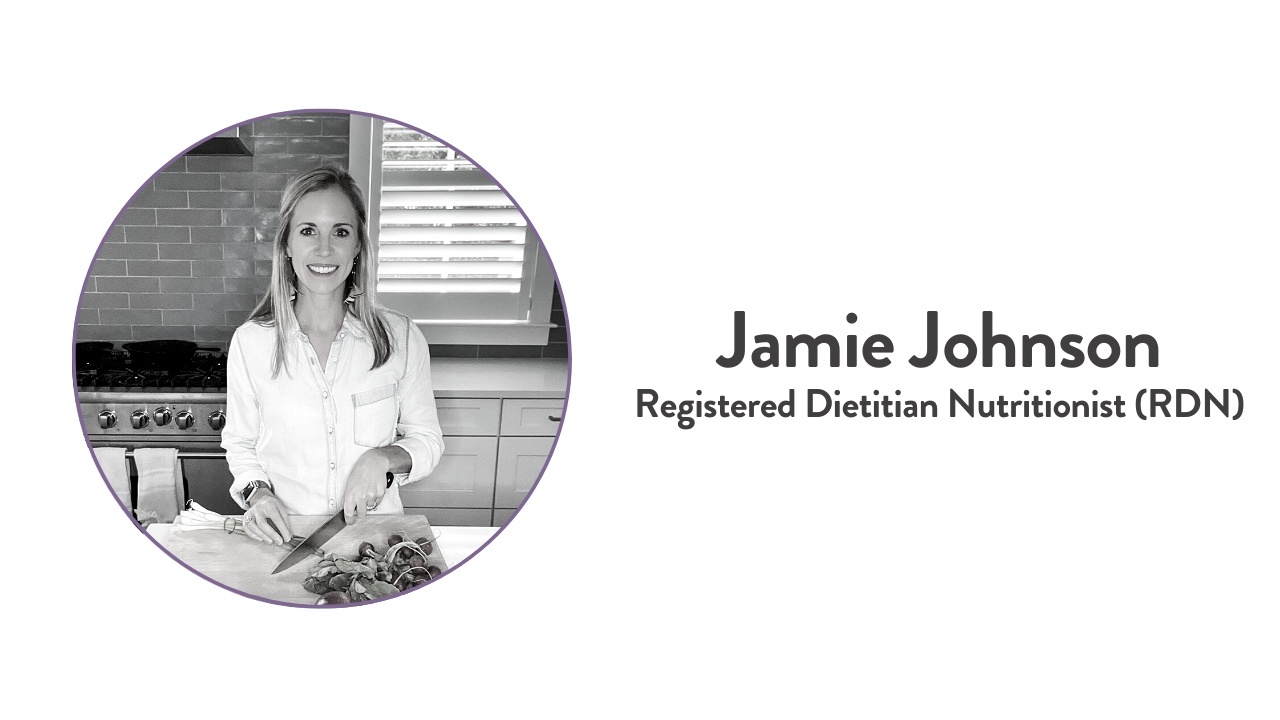Nutritional Information
Though carrots are naturally sweet, they have loads of nutrients that make them an excellent food for baby.
- They contain a ton of beta-carotene, the precursor to vitamin A, which is necessary for protecting eye health and immune function.
- High Source of antioxidants to help strengthen immunity.
- Good source of fiber, which helps to keep the digestive system working properly.
- High in vitamin K, which is necessary for blood clotting.
- Contains calcium to help strengthen bones.
Carrot Tip: For more fiber, don’t skin the carrots before eating them, but be careful not to give baby too much fiber unless you want to clean up a blow out.
When can you introduce carrots to your baby?
Are carrots a choking hazard?
Are carrots a common allergen?
Do carrots cause constipation in babies?
How to Serve Carrots
The carrot is arguably one of the most versatile veggies available when it comes to cooking and baking. The same is true for serving carrots to your baby and toddler, as you can offer a variety of options depending on your little one’s age and skill level.
6+ Months
See below for these recipes.
Stage One Puree
Self-Feeding: Baby-Led Weaning
- Carrots for Baby-Led Weaning: quartered in long sticks, or as a puree
7+ Months
Stage Two Purees
9+ Months
Stage Three Purees
Self-Feeding: Finger Foods
- Carrots for Self-Feeding: cooked and quartered in long sticks, diced or raw and grated
12-36 Months
Toddler Recipes
Recipes
Carrot Puree
Prep Time: 5 minutes
Cook Time: 12 minutes
Servings: 24 ounces
Age: 6+ months
Ingredients
- 1 lb carrots, trimmed, peeled, and roughly chopped
- pinch nutmeg (optional)
- 1/2-1 cup reserved water, fresh breast milk, formula, or fresh water
Instructions
-
Steam: In a medium saucepan, bring 2″ of water to a boil over medium heat. Place the carrots into a steamer basket, cover, and cook for 9-11 minutes or until tender. Reserve steamer water. Let cool slightly.
-
Transfer: Place the cooked carrots into a blender or food processor and add a pinch of nutmeg, or any spice/herb you are using. Add 1/2 cup of liquid.
-
Puree: turn on the blender or food processor and puree for 1-2 minutes on medium. If the puree is too thick, add 1/4 cup of liquid in at a time, until you achieve desired consistency. I had to add 1 1/4 cup of water in total.
-
Eat: Serve and enjoy, or freeze some for later.
Notes
Age: 6+ months
Yield: roughly 24 ounces
Notes on Nutmeg: adding spices to your baby’s first puree is completely optional but totally safe. Nutmeg rounds out the acidic taste carrots sometimes have and make this puree taste grounded and full-bodied.
Additional Spices: Feel free to substitute in a pinch or two of ginger powder, freshly minced ginger, curry powder, cloves, finely minced fresh chives, or 1/4 minced garlic clove.
Storage: store this puree in an air-tight container in the fridge for up to 4 days or in the freezer for up to 4 months.
Carrot for Self Feeding
Prep Time: 2 minutes
Cook Time: 10 minutes
Servings: 4-6 serving
Age: 6+ months
Ingredients
- 2-3 carrots, peeled and sliced in half lengthwise
- 1/2 tbs olive or avocado oil (optional)
- nutmeg (optional)
Instructions
-
In a medium saucepan, bring 2" of water to a boil over high heat. Add a steamer basket and add the large halves of the carrots into the basket in a single layer. Cover and cook for 10-12 minutes or until tender when pricked with a fork. Remove from heat and let cool.
-
If adding spices or herbs, take the carrots and toss in the olive oil and nutmeg (or other spices or herbs of your choice, see below for some other suggestions).
-
Slice or chop the carrots to be age-appropriate for your baby. Serve and enjoy.
Notes
Age: 6+ months
Yield: 3-4 small portions for baby
Storage: you can store these recipes in the fridge in an air-tight container for up to 3 days.
Spices/Herbs: Adding spices to your baby’s foods is a great way to introduce more complex flavors at an early age. Some great spices and herbs to add to cooked carrots are a pinch of cinnamon, cloves, mild curry, garlic powder, and cumin, or you can add in a pinch of chopped fresh rosemary, chives, mint, basil, or you can even add in the greens from the carrots.
Puree for Self-Feeding: Yes, it can be done! You can offer purees and still allow your baby to lead the way with self-feeding.
- Place a few spoonfuls of purees directly on the tray or in a bowl for your baby to dip fingers into. Model how to dip your fingers into the puree and bring them to your mouth, to taste some.
- Offer your baby a pre-loaded self-feeding utensil and hold it out for them to grasp or set on their tray.
- Use a solid food as a dipper. You can also offer a soft stick-shaped piece of food, such as a soft roasted carrot or bread lightly toasted and cut into strips to dip into the puree.
Video
Feeding Tips
- Carrots have a reputation for turning skin a tint of orange when consumed in large amounts. Though not harmful, if your baby seems to start looking like an oompa loompa, you may want to cut back on the carrots.
- Avoid boiling carrots (and most other veggies) since many of the nutrients leach out into the water and then tossed down the drain. Other cooking methods like roasting and steaming will leave more nutrients intact.
- Carrots can be served grated, steamed, pureed, or mixed into baked goods, casseroles, soups and other foods.
More Carrot Recipes
How to Pick & Store Carrots
How to Pick Carrots
- Color: Look for bright orange carrots, smooth without cracks.
- Texture: Choose firm, plump carrots without rootlets (the little strings on the bottom)
- Tops: If buying in a bunch, look for leafy green tops, as these are edible too! Avoid those with tops that are starting to turn yellow and dry out.
How to Store Carrots
- Storing whole, unpeeled carrots makes them less susceptible to moisture loss than peeled or baby carrots. Similarly, wait to wash the carrots until you plan to use them, as excess water can lead to faster spoiling.
- Twist or trim off the carrot greens and store in a separate container if you plan to use them. Whether you use them or not, carrot greens take away moisture from the roots and cause wilting.
- Wrap carrots in a paper towel and store in an airtight container in the fridge.
- How long carrots stay fresh depends on their form. Whole, unpeeled carrots will last 3-4 weeks in the fridge, while peeled or sliced carrots will last 2-3 weeks. Cooked carrots will stay fresh for 3-5 days in the fridge. You can store carrots for 10-12 months in the freezer.
Seasonings that pair well with carrots:
- Cinnamon
- Cardamon
- Coriander
- Cumin
- Garlic
- Ginger
- Nutmeg
- Onion
- Parsley
- Paprika
- Sage
- Thyme
Carrot Facts
- Did you know that baby carrots are actually fully grown carrots, just reduced into small cylinders? And they aren’t any sweeter, fresher, or younger than bunches of whole carrots. In fact, baby carrots are often made from older carrots, which can explain the starchy, less sweet flavor you might notice in some bags.
- When choosing carrots, both conventionally grown and organic are great options. Be sure to wash your carrots before cooking no matter which type you choose.
Reviewed and Co-Written By












